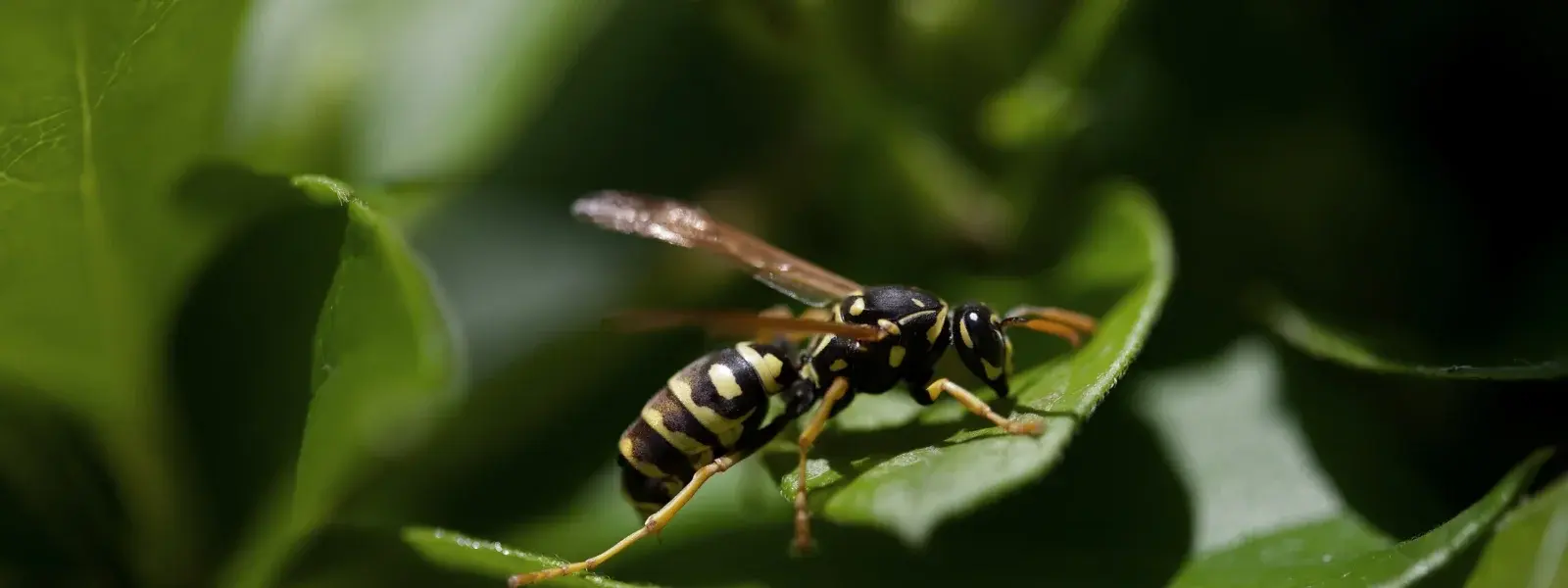
Bee & Wasp Exterminators
Your Local Bee and Wasp Control Experts
Serving Suffolk County | Nassau County | Long Island | Brooklyn | Queens
Stinging insects are some of the worst pests to deal with. Their stinging can cause mild discomfort to severe allergic reactions. They have a reputation for sending people to the emergency room. There are various types of stinging insects.
Wasps and hornets are often wrongly grouped as bees. Wasps can be solitary, which are non-aggressive, or social like yellowjackets and hornets, which can be aggressive if threatened. Even though yellowjackets and hornets are social, they will attack in large numbers if threatened.
Below are of the most common aggressive stinging insects encountered during the Summer according to the National Pest Management Association.
Our Process of Removing Bees and Wasps in Homes and Businesses
If you stumble upon a nest within your property's vicinity, it's crucial to resist the urge to tackle it on your own. Entrust this task to the seasoned professionals at EM Pest Control, boasting an extensive track record in bee and wasp management.
Our licensed and certified technicians will take these steps to protect you from stinging insects:
- Our technicians will carry out an inspection of your property to pinpoint the exact locations of stinging insects and their nests.
- We will use environmentally safe products for the removal of bees and wasps. Every nest will be carefully handled—either relocated, removed, or disposed of, depending on what is most appropriate.
- We will put in place preventive strategies to prevent any future infestations of bees or wasps on your property.
What to Do If You See a Nest?
From wasps to bees, leave the removal to a professional who can handle these pests and their nests safely and properly. EM Pest Control is here to assist and keep you safe. We recommend trying to prevent stinging insects from making your home theirs by following these tips:
- Plant gardens away from your home. Many stinging insects are attracted to sweet things like nectar from flowering plants.
- Keep your yard maintained. Yellowjackets build their nests in holes in the ground, so be sure to fill any yellowjackets' potential homes.
- Inspect your property frequently to catch nests early.
Due to the aggressive nature of these stinging insects, all hives and nests should NEVER be handled or removed on your own. Some colonies can contain hundreds of insects and can sting in defense of their nest. It is important to contact EM Pest Control, a local pest professional, to remove the nest and relocate it to a safe area.


%20-1.webp?width=1920&height=1080&name=Add%20a%20subheading%20(1600%20x%20600%20px)%20-1.webp)
